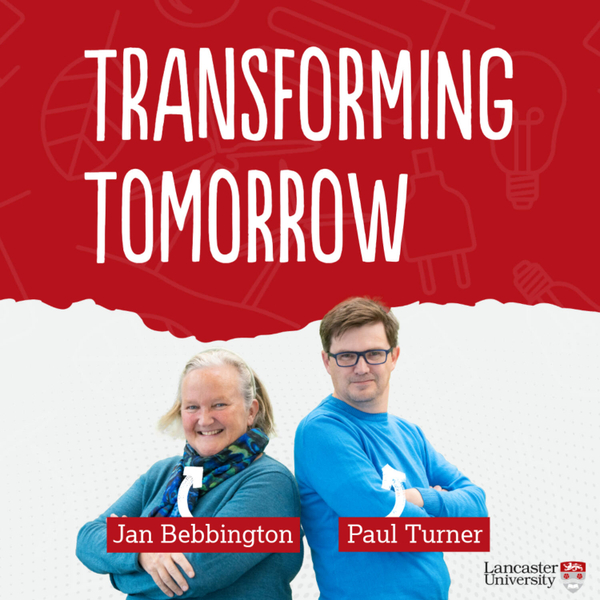
What do businesses get up to in the two-thirds of the world’s oceans outside national jurisdictions?
Professor John Virdin has always loved the ocean – despite growing up hundreds of miles from the sea. As Director of the Ocean and Coastal Policy Programme at Duke University Nicholas Institute for Environmental Policy Solutions in North Carolina, he has a job title too long for his business card, but a long-term dream of better protection and management of the way we use ocean to provide more food and jobs for people on the coast around the world.
John works to analyse the activities of the biggest companies operating in the ocean, engaging with them to see what they are doing and might yet do to conserve the oceans. From wind energy companies, to dredging firms, to container shipping, marine construction, seafood, and offshore oil and gas – so many companies have a presence in the oceans. While these companies are head-quartered in a small number of countries, their operations and impacts span the globe.
John explains the work being done to try to bring companies together to make progress, where the major impacts of their actions are, and what factors are influencing their behaviours.
We confirm Georgia is not in Texas, bring out the comedy drum sound effect, doubt the possibility of mining a lobster, and explain the mystery of blue carbon.
Will we keep Jan’s promise to talk about everything in the sea? And is Paul’s vision of a cruise ship with a wind turbine on top and fishing nets out the back just a crazy pipe dream?
Find out more about John and his work here: https://nicholasinstitute.duke.edu/people/john-virdin
Transforming Tomorrow
Sustainability is a key consideration for any contemporary business, from biodiversity to modern slavery, seabeds to factory floors. On Transforming Tomorrow, we’ll guide you through the complex, ever-changing and often exciting (yes, really!!) world of sustainability in business. Alongside members of the Pentland Centre, academic experts, and business leaders, we cover the theory and practice of mainstreaming social and environmental sustainability into purposeful business strategy and performance.
Whether you are leading change in your business, or just want to know more about how asteroid mining may influence the future of sustainability, Transforming Tomorrow is the show for you.
Taking you through it all are your hosts, Jan and Paul, who bring insight, perspective, and not a little amount of disagreement, to all the subjects.
Join us every Monday to uncover new insights and become a little more inspired that you can make a difference in sustainability.
You can find transcripts for most episodes at: https://www.lancaster.ac.uk/pentland/resources-for-education-and-practice/transforming-tomorrow-podcast/transcripts/
Send your questions on any of the issues we discuss in Transforming Tomorrow to [email protected] or fill in our feedback form here: https://forms.office.com/e/7Bw4rDiRDt
Find out more about the Pentland Centre and its work here: https://www.lancaster.ac.uk/pentland/
https://doc.your-brochure-online.co.uk/Lancaster-University_Transforming-Tomorrow/
Meet the Hosts
Professor Jan Bebbington is the Director of the Pentland Centre for Sustainability in Business at Lancaster University. Jan is an expert on accounting, benchmarking (to her co-host’s annoyance), and how business and sustainability intersect.
Jan loves nature and wants to protect it – and hopes she can change the world (ideally for the better). She is also motivated to address inequality wherever it is found and especially to eliminate forced, bonded or child labour. Transforming Tomorrow is one small step on that quest.
Paul Turner is a former sports journalist who now works promoting the research activities in Lancaster University Management School – a poacher turned gamekeeper as his former colleagues would have it.
Paul has always been interested in nature and the natural environment – it comes from growing up in Cumbria – and has been a vocal proponent of the work of the Pentland Centre since joining Lancaster University. He does not like rankings and benchmarking, and is not afraid to say so.